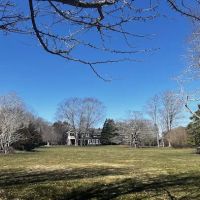Long Island Center for Conservation Introduce
The Long Island Center for Conservation, located at 142 E Hampton Sag Harbor Turnpike, East Hampton, NY 11937, USA, serves as a vital hub for environmental education and conservation efforts on Long Island. As a dedicated Scenic Spot within the broader category of environmental organizations, it offers a unique blend of natural beauty and opportunities for learning and engagement with the natural world. The center operates with a deep commitment to preserving the region's natural resources and fostering a greater understanding of ecological principles among local users and visitors alike.
The phone number for inquiries is (212) 997-1880, and the mobile phone number is +1 212-997-1880, ensuring accessibility for those seeking more information or wishing to participate in its various offerings. The center is generally open to the public during working hours, Monday through Friday, from 9 AM to 5 PM, though it's always advisable to confirm specific program schedules or holiday hours.
The Long Island Center for Conservation is distinguished by its thoughtfully designed environment, which exemplifies sustainable practices and showcases the beauty of native ecosystems. The facility itself is housed within a 130-year-old farmhouse, which has been meticulously converted into office space with a strong emphasis on environmental protection. This transformation involved the integration of alternative energy sources wherever possible, serving as a working example of "conservation at home."
One of the prominent features of the center's environment is its organic native plant gardens. These gardens are not only aesthetically pleasing, offering attractive and colorful native plant options, but also serve an educational purpose. They demonstrate how environmentally-friendly landscaping can contribute to local biodiversity and reduce the need for excessive watering and chemical treatments. Visitors are encouraged to explore these gardens and gain insights into sustainable gardening practices that can be applied in their own homes and communities.
Beyond the gardens, the center incorporates cutting-edge green building systems. A geothermal heating system harnesses the stable temperature of the earth to aid in heating and cooling the building, significantly reducing reliance on conventional energy sources. Complementing this, solar panels are installed to capture the sun's energy, further contributing to the facility's electrical needs. These systems collectively aim to minimize the use of greenhouse gas-emitting fossil fuels, aligning with the center's overarching mission of environmental stewardship.
As a Scenic Spot and an educational center, the Long Island Center for Conservation provides a range of services and features designed to inform, inspire, and engage the community. Its primary role is to educate and encourage the public to adopt conservation practices. This is achieved through various initiatives:
Educational Programs: The center offers programs that delve into crucial environmental topics such as land use, marine and freshwater resources, and local wildlife. These programs aim to provide a deeper understanding of the ecological challenges facing Long Island and empower individuals to make informed decisions for environmental protection.
Conservation Practices Showcase: The very design and operation of the center serve as a living demonstration of practical conservation. From its native plant gardens to its alternative energy systems, it showcases how sustainable living can be both effective and attainable.
Information and Resources: Visitors can venture inside the office for valuable information on how to get involved in the important work of The Nature Conservancy, the organization associated with the center. This includes resources on local conservation efforts, volunteer opportunities, and broader environmental initiatives.
Advisory and Review Functions: While primarily an educational and outreach center, the broader entity it represents also participates in advisory capacities, reviewing and reporting on land-use applications that could impact properties listed on the Town's Open Space Index. This demonstrates a proactive approach to protecting critical natural areas.
The center’s focus is on local environmental issues relevant to Long Island, making its programs and information particularly pertinent to residents. It aims to foster a strong sense of community involvement and education in environmental matters.
While specific promotional campaigns for the Long Island Center for Conservation itself may vary, its affiliation with The Nature Conservancy highlights a commitment to broad environmental goals. The Nature Conservancy's mission, "Conserving the lands and waters on which all life depends," resonates deeply with the center's purpose. This often translates into promotional messaging emphasizing the importance of protecting local ecosystems, supporting biodiversity, and addressing climate change.
Promotional efforts would likely highlight the center's role as a tangible example of sustainable living, encouraging visits to experience firsthand the native plant gardens and the environmentally-friendly building features. Events and workshops on topics such as native plant landscaping, water conservation, and renewable energy would also be promoted to attract individuals interested in practical environmental solutions.
Customer reviews and testimonials for similar conservation-focused initiatives and organizations often praise the educational value and inspiring nature of such places. While direct reviews specific to the Long Island Center for Conservation as a distinct "park" are not readily available in public aggregations, insights can be drawn from the broader work of The Nature Conservancy and similar environmental education centers. For instance, reviews of related environmental organizations and programs emphasize:
Knowledgeable Staff and Experts: Visitors and volunteers frequently commend the expertise of the staff and naturalists, highlighting their ability to provide informative and engaging experiences. This suggests that any interactions at the Long Island Center for Conservation would similarly benefit from the knowledge base of its environmental educators.
Educational Value: The primary draw for many is the opportunity to learn about nature, wildlife, and conservation. Activities like whale watching or seal walks, offered by related organizations, are consistently praised for their educational content and ability to create lasting memories. This indicates a strong appreciation for hands-on learning experiences, which the Center for Conservation aims to provide.
Positive Impact: Users often express satisfaction in contributing to environmental protection through their participation or by learning practices they can implement. The idea of "making a real difference" is a recurring theme, suggesting that the Long Island Center for Conservation's emphasis on actionable conservation will resonate positively.
Accessibility and Engagement: Reviews suggest that programs that are accessible and engaging for various age groups are highly valued. The center's mission to involve the public in conservation practices points to a similar approach, aiming to make environmental learning approachable for everyone.
In essence, the Long Island Center for Conservation stands as a valuable resource for local users, offering an immersive environment for learning about and contributing to environmental conservation. Its dedication to showcasing sustainable practices, coupled with its educational initiatives, makes it a significant scenic spot for those who cherish and wish to protect Long Island's unique natural heritage. It serves as a reminder that conservation begins at home, providing practical examples and fostering community engagement in the vital work of safeguarding our planet's resources.
Long Island Center for Conservation Photos
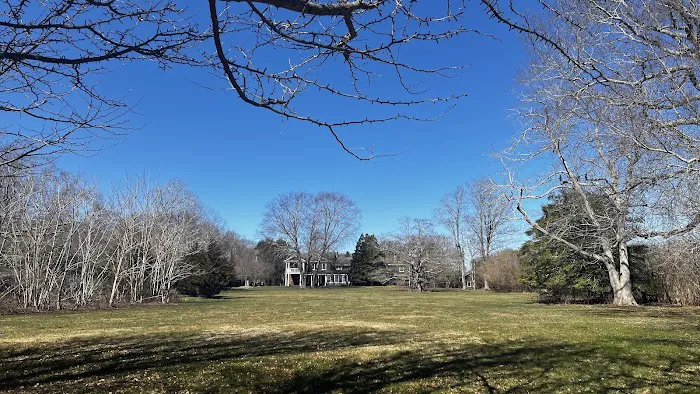
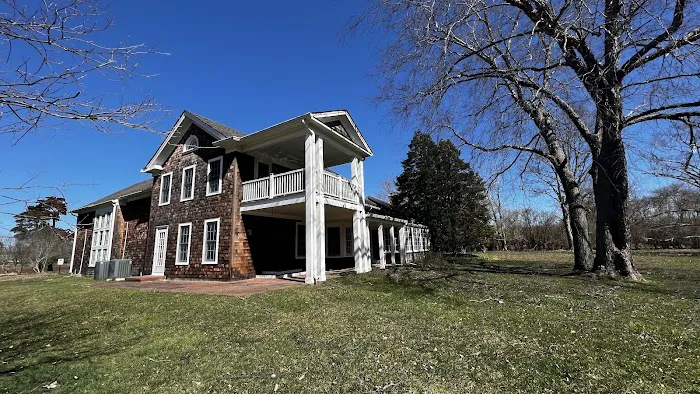
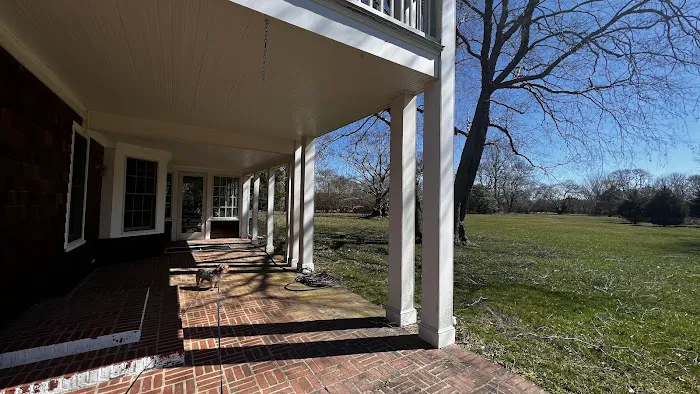
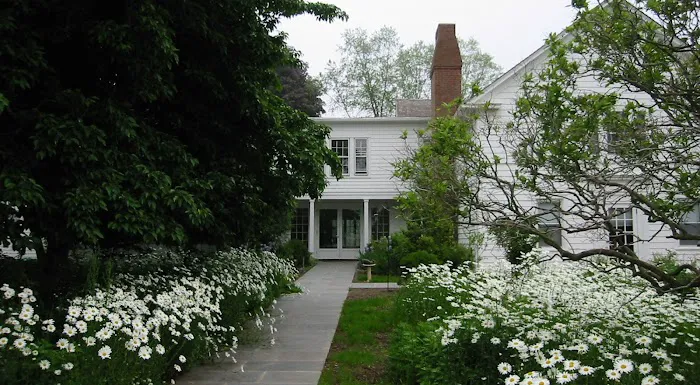
Long Island Center for Conservation Location
Long Island Center for Conservation
142 E Hampton Sag Harbor Turnpike, East Hampton, NY 11937, USA
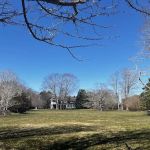 Long Island Center for Conservation
Long Island Center for Conservation142 E Hampton Sag Harbor Turnpike
 Herrick Park
Herrick Park67 Newtown Ln
 LDV at The Maidstone
LDV at The Maidstone207 Main St
 Huntting Inn
Huntting Inn94 Main St Suite 1800
 Mill House Inn
Mill House Inn31 N Main St
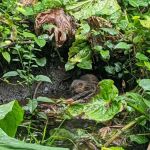 East Hampton Village Nature Trail and Wildlife Sanctuary
East Hampton Village Nature Trail and Wildlife SanctuaryDavids Ln
 East Hampton House Resort
East Hampton House Resort226 Pantigo Rd
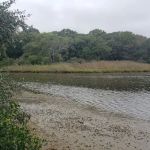 Soak Hides Preserve
Soak Hides PreserveSoak Hides Rd
 Lee Hayes Youth Park
Lee Hayes Youth Park206 Town Ln
 Atlantic Double Dunes Preserve
Atlantic Double Dunes Preserve381 Bluff Rd
 434 on Main
434 on Main434 Main St
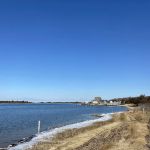 Twins Beach
Twins Beach104-100 Squaw Rd
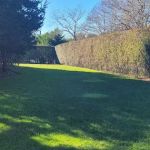 Sea Breeze Inn
Sea Breeze Inn30 Atlantic Ave
Long Island Center for Conservation Reviews
- Jul 26, 2020 · Edagar Mejia
More Scenic Spot
 Herrick Park4.0 (101 reviews)
Herrick Park4.0 (101 reviews)67 Newtown Ln, East Hampton, NY 11937, USA
 LDV at The Maidstone4.0 (177 reviews)
LDV at The Maidstone4.0 (177 reviews)207 Main St, East Hampton, NY 11937, USA
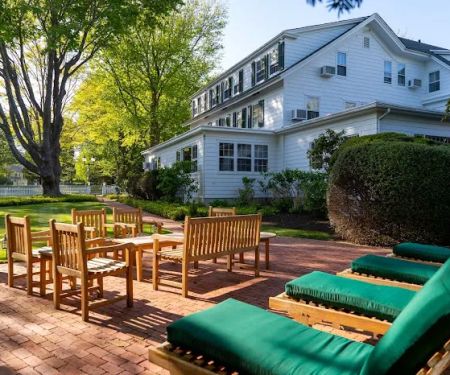 Huntting Inn4.0 (79 reviews)
Huntting Inn4.0 (79 reviews)94 Main St Suite 1800, East Hampton, NY 11937, USA
 Mill House Inn4.0 (64 reviews)
Mill House Inn4.0 (64 reviews)31 N Main St, East Hampton, NY 11937, USA
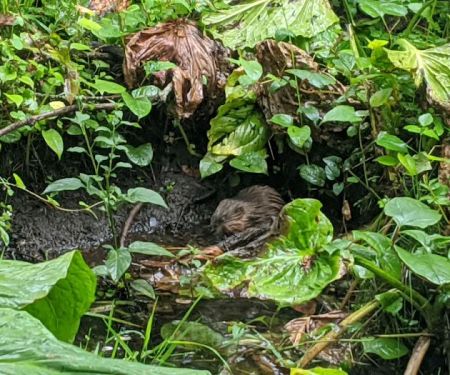 East Hampton Village Nature Trail and Wildlife Sanctuary0.0 (0 reviews)
East Hampton Village Nature Trail and Wildlife Sanctuary0.0 (0 reviews)Davids Ln, East Hampton, NY 11937, USA
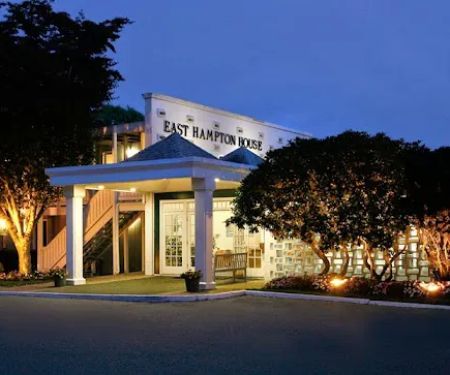 East Hampton House Resort4.0 (281 reviews)
East Hampton House Resort4.0 (281 reviews)226 Pantigo Rd, East Hampton, NY 11937, USA
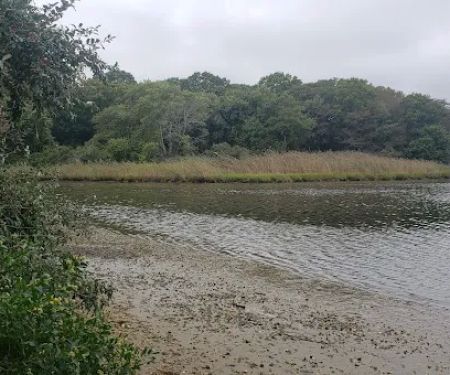 Soak Hides Preserve5.0 (3 reviews)
Soak Hides Preserve5.0 (3 reviews)Soak Hides Rd, East Hampton, NY 11937, USA
 Lee Hayes Youth Park3.0 (38 reviews)
Lee Hayes Youth Park3.0 (38 reviews)206 Town Ln, East Hampton, NY 11937, USA
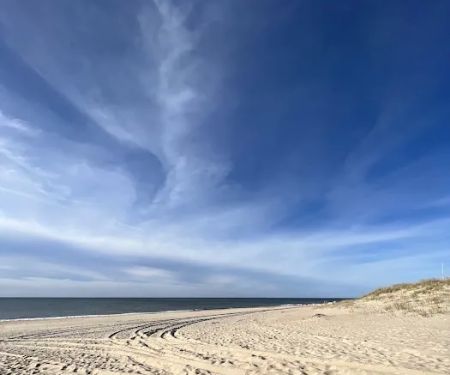 Atlantic Double Dunes Preserve0.0 (0 reviews)
Atlantic Double Dunes Preserve0.0 (0 reviews)381 Bluff Rd, Amagansett, NY 11930, USA
 434 on Main4.0 (41 reviews)
434 on Main4.0 (41 reviews)434 Main St, Amagansett, NY 11930, USA
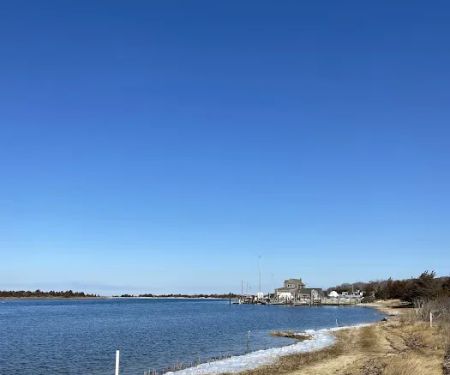 Twins Beach5.0 (3 reviews)
Twins Beach5.0 (3 reviews)104-100 Squaw Rd, East Hampton, NY 11937, USA
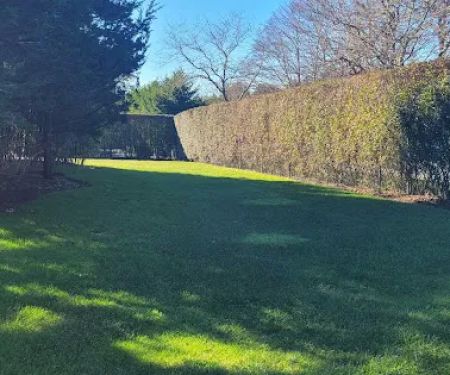 Sea Breeze Inn4.0 (8 reviews)
Sea Breeze Inn4.0 (8 reviews)30 Atlantic Ave, Amagansett, NY 11930, USA
Categories
Popular Camping Sites
 Smyth Tribeca4.0 (443 reviews)
Smyth Tribeca4.0 (443 reviews) Janet Van Gelder Wildlife Sanctuary4.0 (3 reviews)
Janet Van Gelder Wildlife Sanctuary4.0 (3 reviews)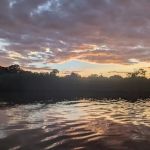 Brown's River Kayak Launch3.0 (19 reviews)
Brown's River Kayak Launch3.0 (19 reviews)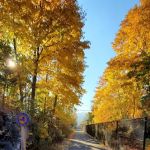 Empire State bike trail4.0 (3 reviews)
Empire State bike trail4.0 (3 reviews) Finca La Florecita5.0 (1 reviews)
Finca La Florecita5.0 (1 reviews) Courtyard Parsippany4.0 (649 reviews)
Courtyard Parsippany4.0 (649 reviews)Trending Camping Blog Posts
 Top Group Travel Destinations in Europe: Best Places for Group Vacations
Top Group Travel Destinations in Europe: Best Places for Group Vacations How to Get Involved in Travel Clans for Social Travel: Explore Group Travel Opportunities
How to Get Involved in Travel Clans for Social Travel: Explore Group Travel Opportunities Best Travel Clans for Sustainable Travel
Best Travel Clans for Sustainable Travel Best Group Vacation Destinations for Friends: Ultimate Travel Ideas
Best Group Vacation Destinations for Friends: Ultimate Travel Ideas Travel Clans for Solo Travelers Looking for Company: Join Unique Travel Communities
Travel Clans for Solo Travelers Looking for Company: Join Unique Travel Communities Best Travel Clans for Women Traveling Together
Best Travel Clans for Women Traveling Together 
